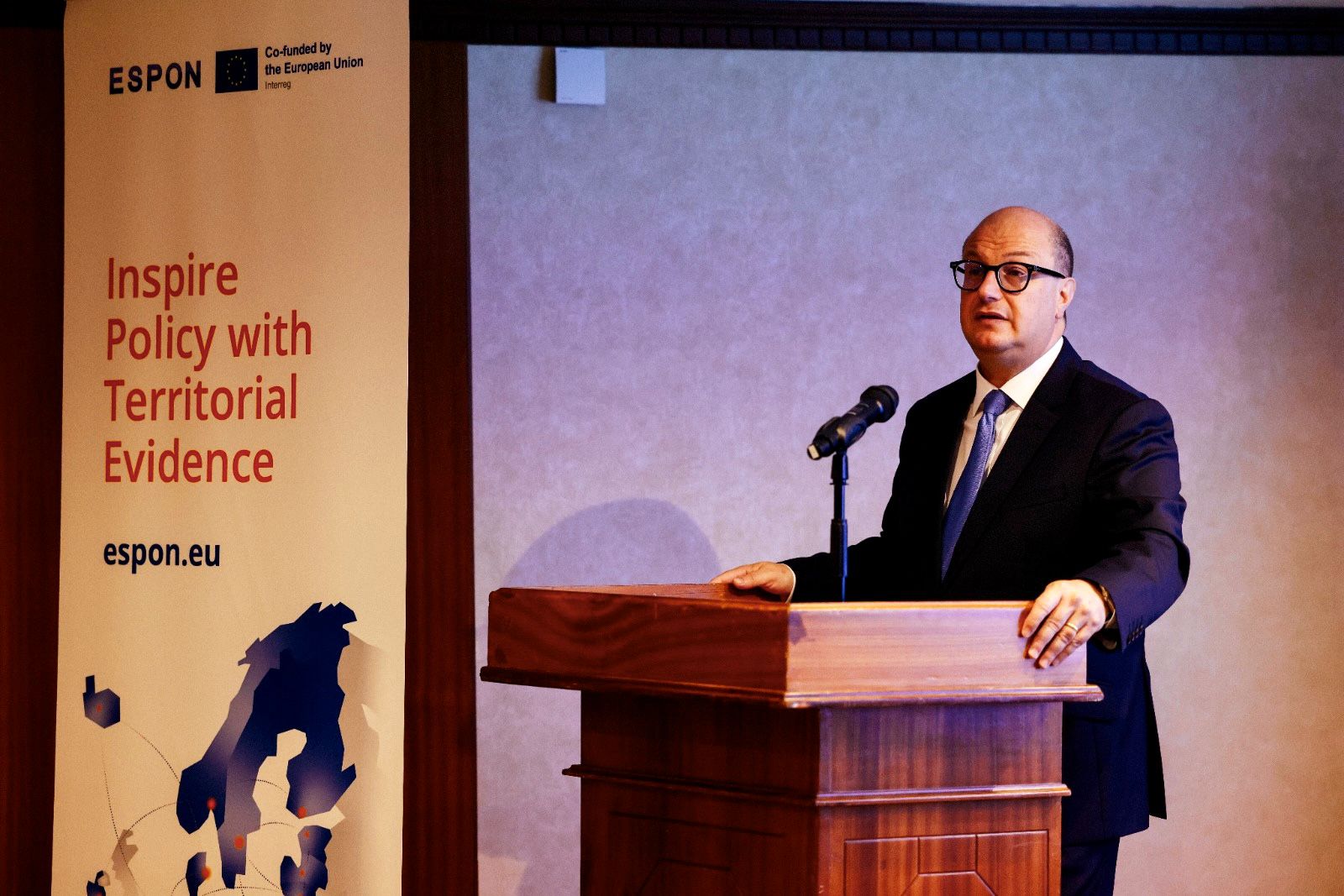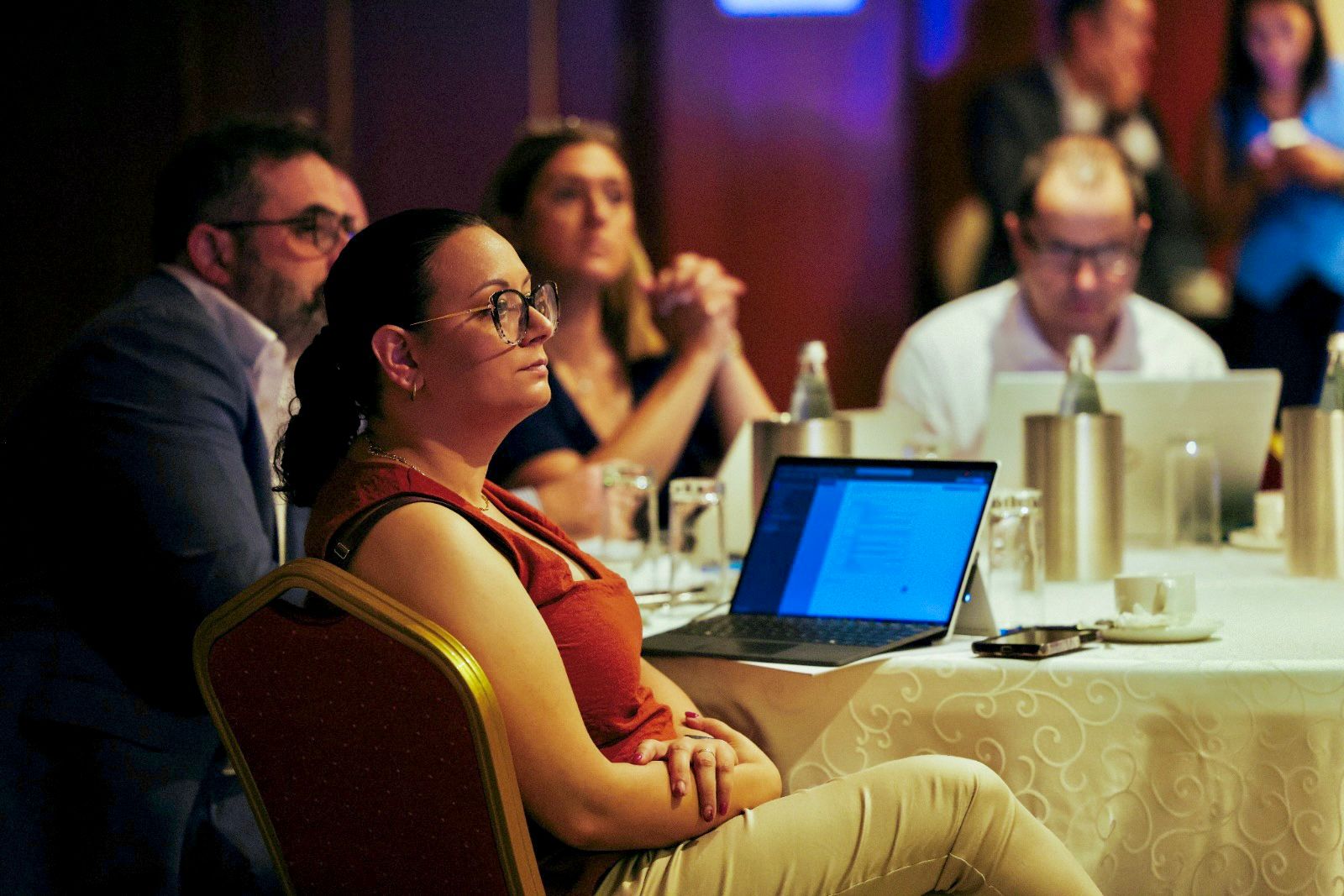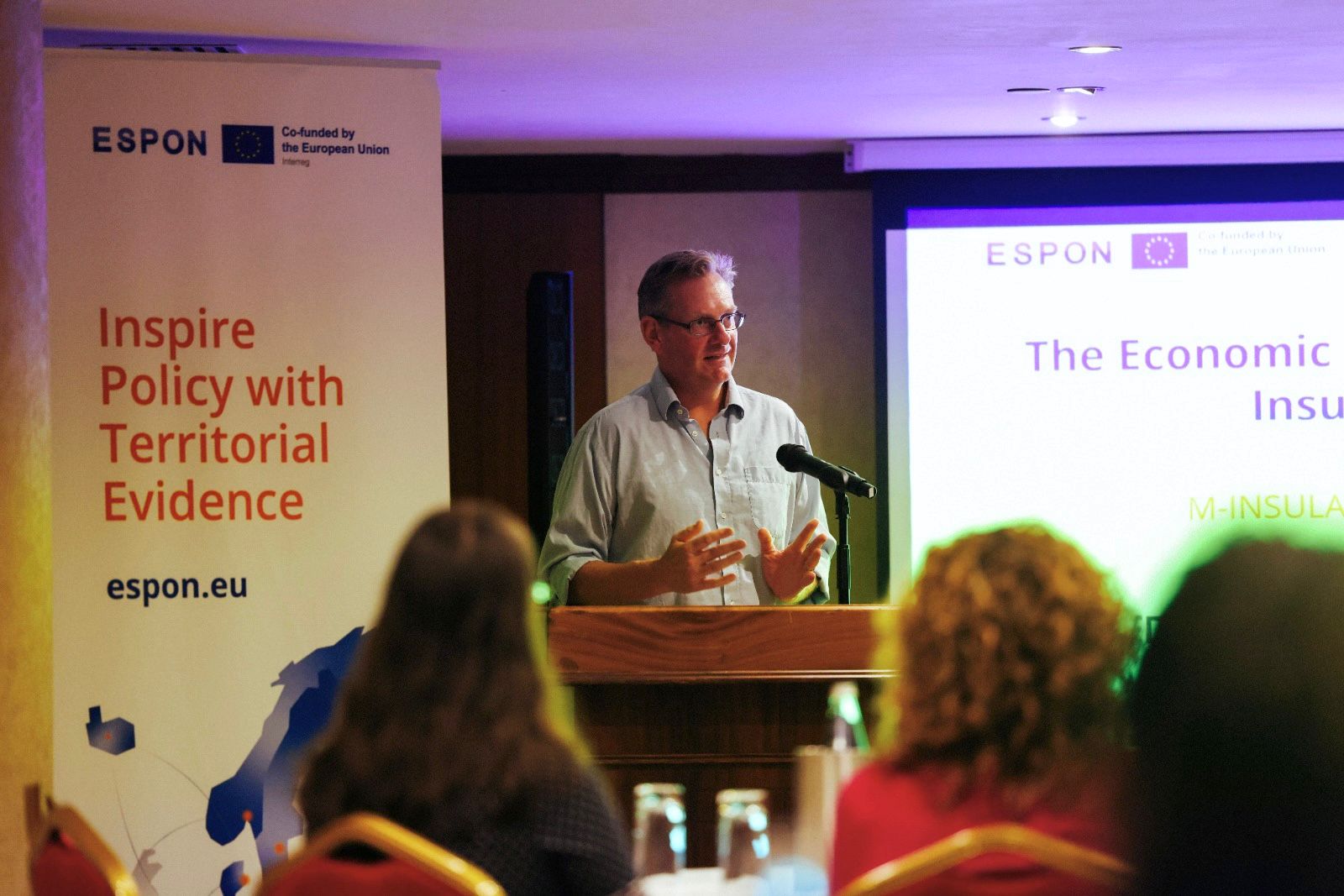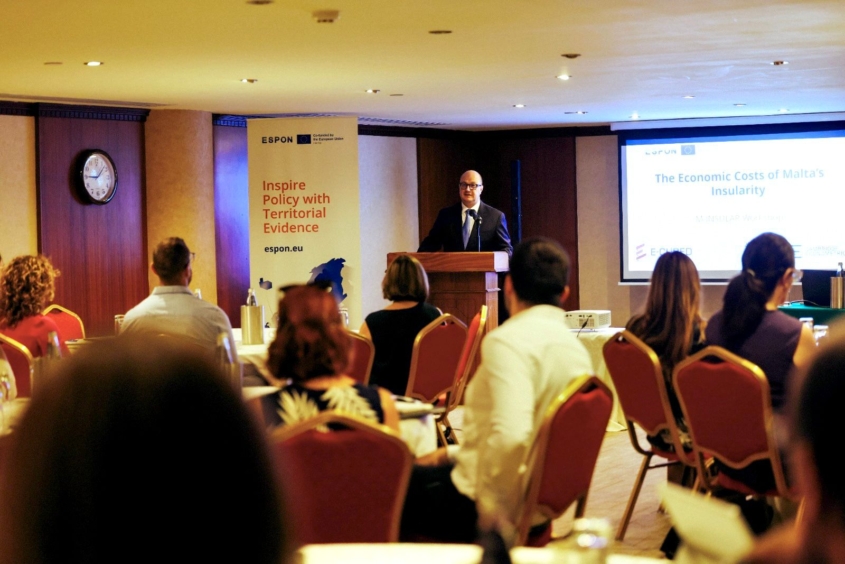Last July, Malta hosted the ESPON M-Insular Workshop – a crucial step in our ongoing effort to ensure that the realities of our islands are understood, recognised, and acted upon at European level.
This event was far more than a technical meeting. It was a testimony of our shared determination to put Malta’s unique challenges, as a small island state – and Gozo’s double insularity – at the heart of European policymaking. The M-Insular study, developed within the ESPON 2030 Programme, is gathering the data and evidence we need to show, in measurable economic terms, the cost of our geographic realities. These findings will be essential in shaping both national policies and future EU Cohesion Programmes after 2027.
“Our government has already begun analysing the European Commission proposal to ensure that Malta’s needs are fully reflected.”

Timing is critical. Just days before this workshop, the European Commission presented its proposal for a new EU budget of €2 trillion for 2028–2034. Our government has already begun analysing this proposal to ensure that Malta’s needs are fully reflected. In my recent visit to Brussels with our Permanent Secretary, we met with Executive Vice-President Roxana Mînzatu and Executive Vice-President Raffaele Fitto to discuss aligning EU funding with Malta’s challenges, from investing in the green transition and skills development to strengthening cohesion funding.

For Malta, European funding is not only about financial resources. It is about fairness, solidarity, and recognising that “cohesion” means different things in different places. In our context, it means tackling structural disadvantages stemming from our geography and transforming them into opportunities for growth and resilience.
We are committed to using EU funds strategically not simply absorbing them, but directing every euro towards initiatives that deliver long-term value for our people. But to invest wisely, we must first understand fully. That is why this study, and the dialogue it generates, is so important.

I extend my thanks to the Cambridge Econometrics team, E-Cubed Consultants, the Planning Authority as Malta’s ESPON contact point, and our Ministry’s’ Strategy and Implementation Division for their work on this project. I also thank all stakeholders and social partners who participated in this workshop, contributing the insights that will ensure our case is strong and rooted in the lived experiences of our communities.
Our message is clear: Malta will continue to work hand in hand with its European partners to build a fairer and more territorially aware European Union – one in which no voice is left unheard, and no region is left behind.


